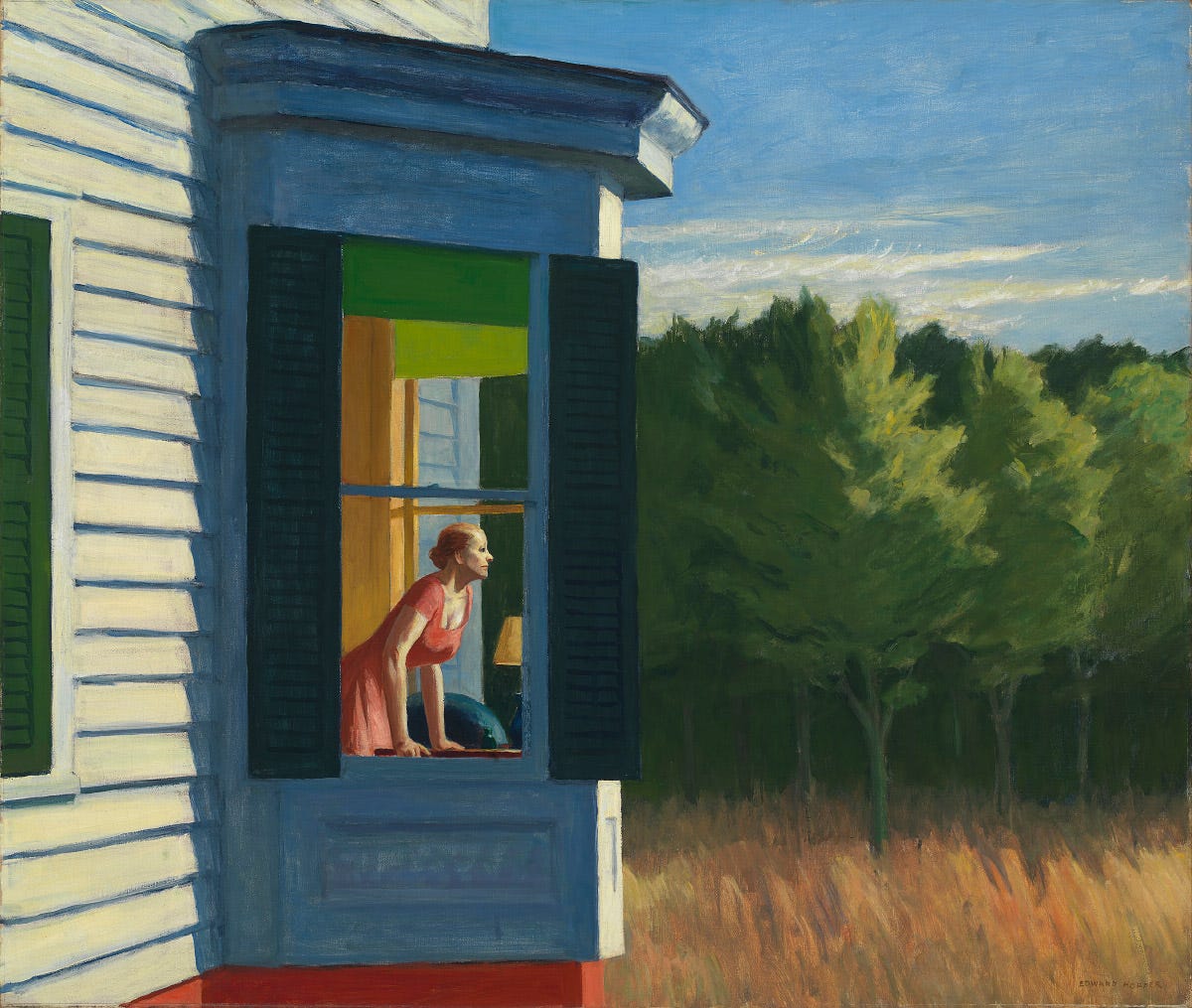Brain Food #827: Pessimism with a chance of hope
On high versus low expectations, and not being everything
Thoughts of the day
There are enough contradictory schools of thought in the world to support anyone’s preconceptions, and the same goes for expectations. Is it better to have high expectations, or low ones?
There are the expectations we have from life, from ourselves, and what the future will bring. In today’s world, with our continuous exposure to negative news and the dazzling lives of others that seem unattainable to us, having high expectations is clouded with an imminent sense of disappointment. And so we turn to mindfulness, practicing gratitude, and reducing our wants, echoing Seneca’s words “to rest satisfied with what we have, which is sufficient, for he that is so wants nothing.”
Disappointment in this sense lies in the gap between reality and our expectations. This is largely because the world has not been designed to serve us or to fulfill our every wish, and so we must go and seek what we need from it, with the means that are available to us. Sometimes, the world will not listen.
Yet high expectations can also be beneficial. Our high expectations of others can make them better, something known as the Pygmalion Effect. Where we can influence outcomes, whether that is how someone thinks of themselves, like a student, or an ambitious project we are playing a key part in, it is worth having higher expectations, which can create a positive self-fulfilling prophecy.
Last week, I wrote about Happy Days, a Samuel Beckett play in which the protagonist sits half-buried on stage, expecting every day to be happy, while she slowly sinks into despair. It is an absurd and pessimistic notion, suggesting that having any expectations in a meaningless world is a futile act. But the specific character is immobile, unable to influence much of her circumstances — though if the play was written in the present era, she could have perhaps made every day a happy one online.
With a broader exposure to the world, literally at our fingertips, everything is made to seem possible, ever so slightly out of reach, if only we could go just a little further. Yet everything is not possible, at least not for everyone, all the time (which could also explain the widespread appeal of this year’s Oscar victor, Everything Everywhere All at Once). As Alain de Botton said more eloquently, “A society that tells people that they can achieve anything will also be a society that very swiftly develops a problem with self-esteem. If everybody expects to achieve everything, you’re going to get an awful lot of people who are feeling that something’s gone dramatically wrong with their lives.”
For the expectations we have from the world, psychoanalyst James Hollis suggests that we become aware of when we are asking for too much:
“We expect that by investing sincere energy in a career, a relationship, a set of roles, that they will return the investment in manifold, satisfying ways. We feverishly renew the projections, up the ante, and anxiously repress the insurgence of doubt once more. We do not realize that a projection has occurred, for it is an unconscious mechanism of our energic unconscious. Only after it has painfully dissolved may we begin to recognize that we placed such a large agenda on such a frangible place, that we asked too much of the beloved, of others, of institutions, perhaps of life itself.”
The answer is not to have no expectations, but to instead develop a filter of realism, through which we can view the arena in which we are able to move, know what is within our means, examine our expectations, and set them accordingly. The beauty of not being able to be everything is that one has no choice but to simply be themselves. We all have a part to play. We can focus our energies on discovering what that is and working towards it, instead of forcefully turning something into what it is not.
And regarding the expectations that others may have from us, especially when it comes to artistic endeavours, David Bowie offers a different type of answer - that perhaps some expectations are not to be met:
“Never play to the gallery… Never work for other people in what you do. Always remember that the reason that you initially started working was that there was something inside yourself that you felt that if you could manifest in some way, you would understand more about yourself and how you co-exist with the rest of society… I think it’s terribly dangerous for an artist to fulfill other people’s expectations.”
There are also our expectations of things we cannot control, like the weather, someone’s mood, or whether the air traffic controllers in France will be on strike in three months’ time.
Realism in the arts created masterpieces out of everyday subjects.
In Edward Hopper’s Cape Cod Morning, a woman looks out the window. Is she enjoying the morning sun, or waiting for someone whose arrival will forever remain unknown? Or perhaps she is looking at an approaching storm, lying just outside the frame. In the language of weather forecasters, the painting portrays pessimism with a chance of hope. In the meantime, as viewers, we can also choose the story ourselves, based on what we have in front of us.
Thank you for reading today’s Brain Food. Brain Food is a short newsletter that aims to make you think without taking up too much of your time. If you know someone who would like this post, consider spreading the word and forwarding it to them. Brain Food wouldn’t exist without the support of its readers.
And if you have just come across Brain Food, you can subscribe to it below:
For longer thoughts and Brain Food highlights from the archives, visit Medium.

